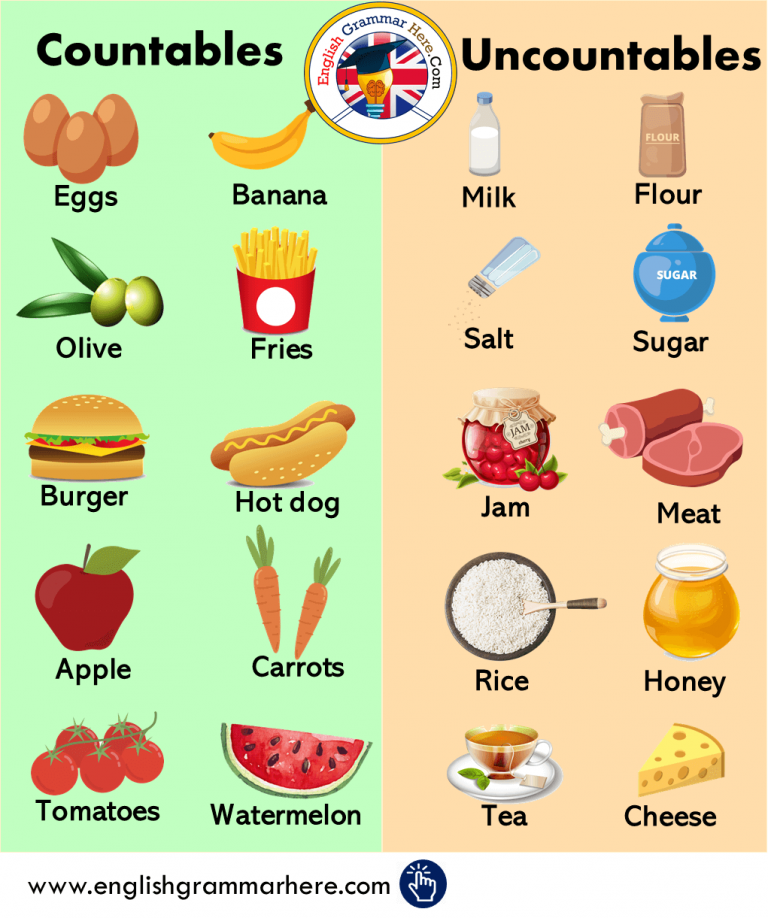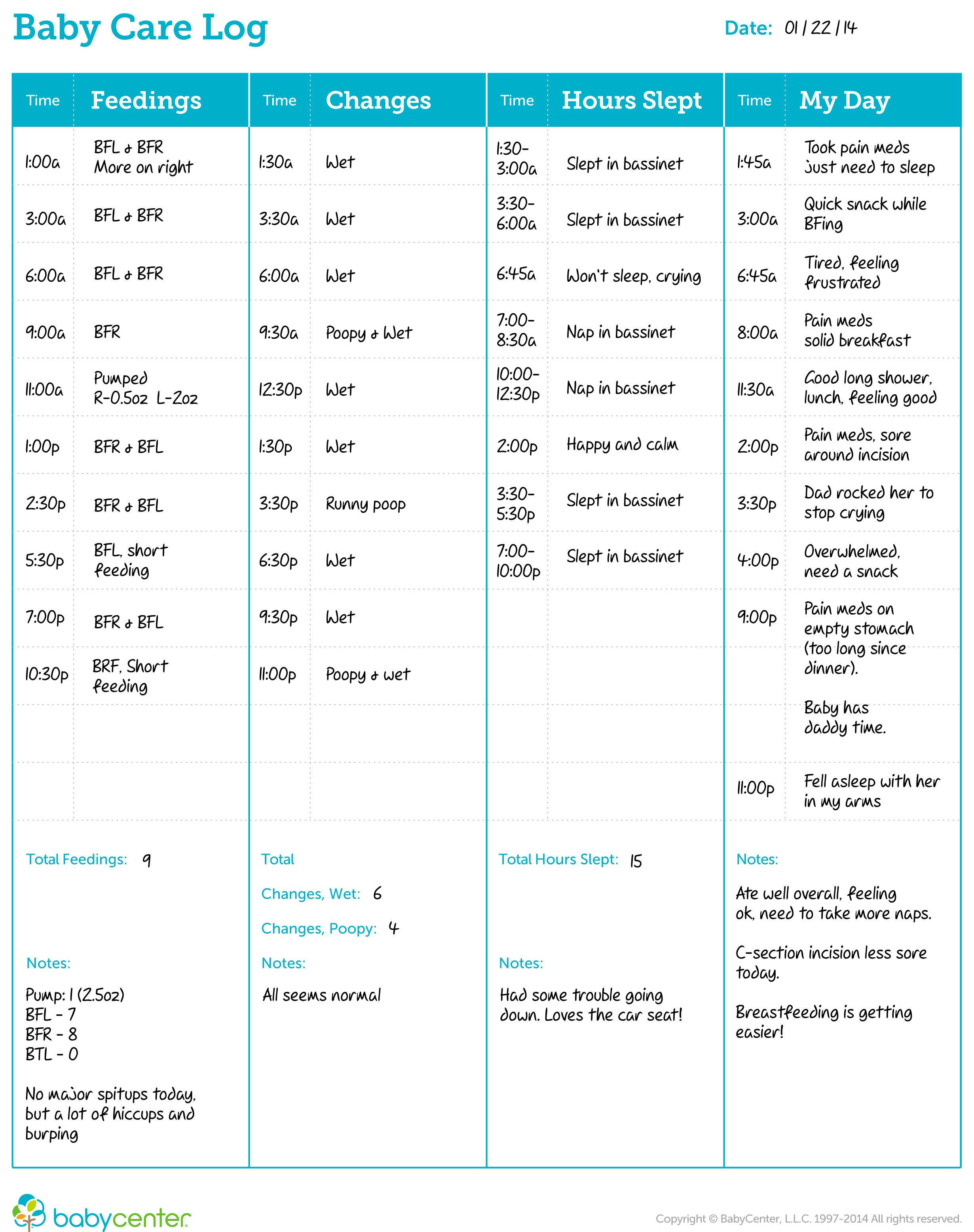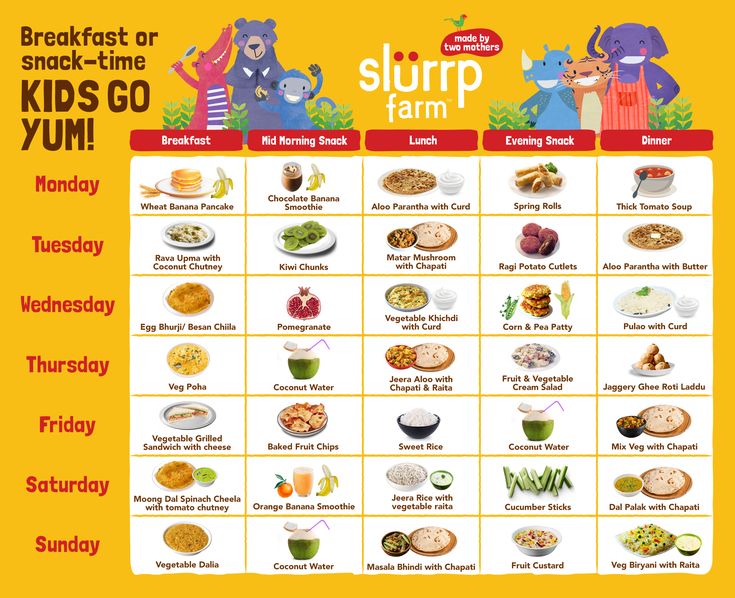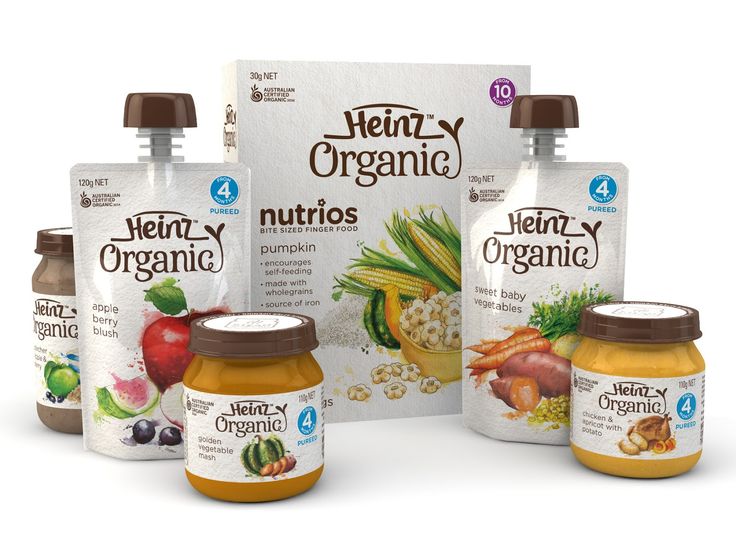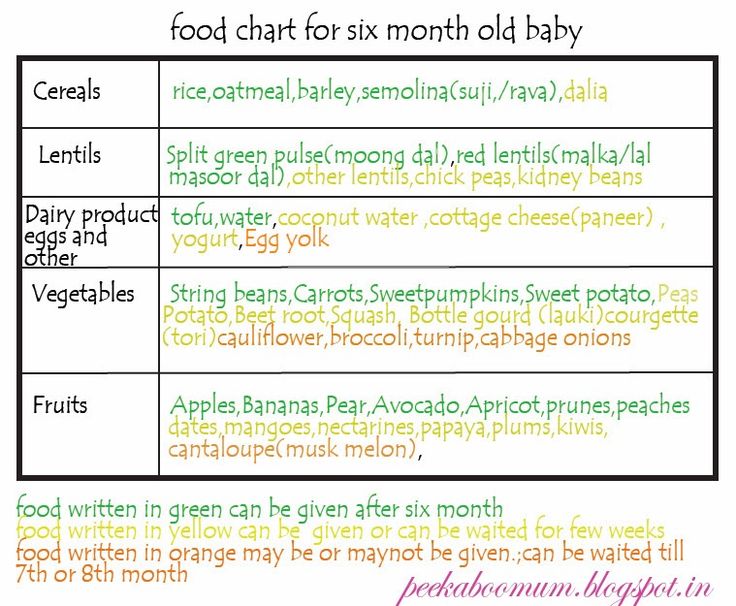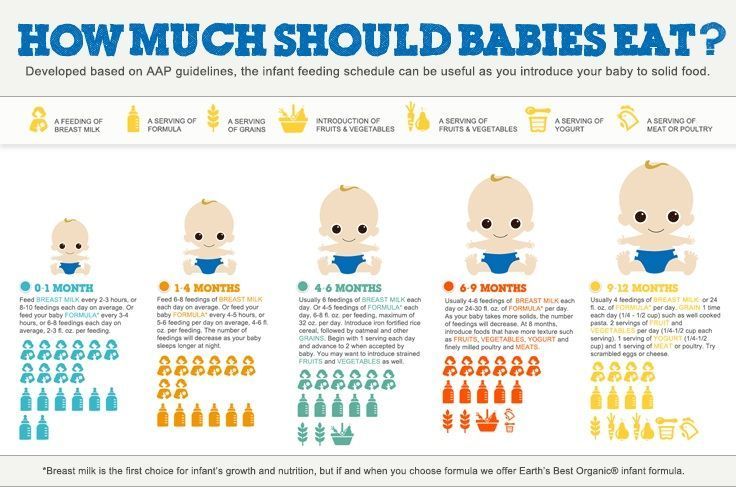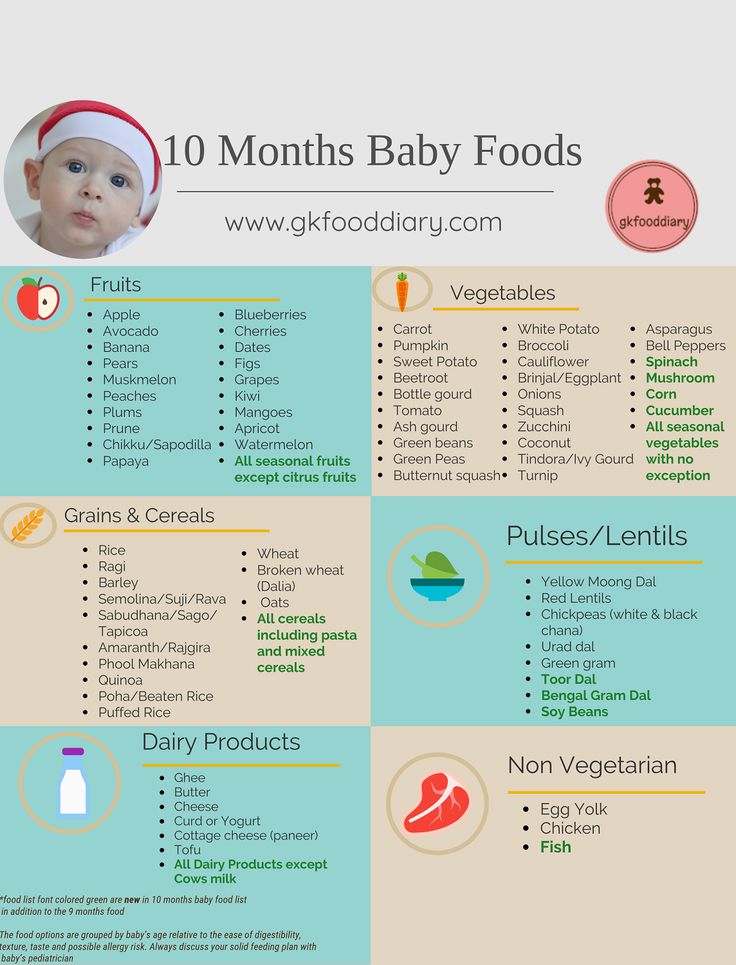Non constipating baby food
6 Baby Foods to Help Relieve Constipation
Home » Feeding Style » Baby Food Purees » Stage Two » 6 Baby Foods to Help Relieve Constipation
These 6 Baby Food Purees Will Help Relieve Baby’s Constipation with no fuss from your little one. You can serve these purees when your baby is backed up or 2-3 times a week to keep things moving on the regular. Great for babies 6-12 months.
How to Relieve Baby’s ConstipationWhen you first start introducing purees, or when you introduce a new food, to your baby it is completely normal for them to get a little bit backed up. Your baby’s delicate digestive tract needs a little time to process all the new nutrients, fiber, and probiotics that you are giving it.
This is completely normal, so you don’t have to do into panic mode.
While I love and completely trust the Constipation Cure Puree recipe below to do its’ job, let me warn you that this puree is not for the weak of heart. It will definitely get things going and while you will love me for that, you might also curse me when it’s time to change your baby’s diaper.
What all of the 6 purees below have in common, is that they all have produce that starts with the letter ‘P’ in them – prunes, peaches, peas, plums and pears. ‘P’ produce helps get things moving down there all while tasting delicious so your baby will eat them. If you want, you can also add in a pinch of fresh ginger to any of the recipes below. Ginger is great for helping aid in digestion, calming an upset stomach and easing discomfort associated with constipation.
Signs of Constipation in Baby- your baby’s stool is hard and dry
- your baby cries when going poo
- baby is unwilling to feed and is generally unhappy
- your baby’s stomach is hard when you gently press down on it
- your baby’s stool has blood in or on it
- Stop serving foods that can cause constipation (potatoes, cheese, bananas, rice cereal, pasta) and start serving purees loaded with fiber.
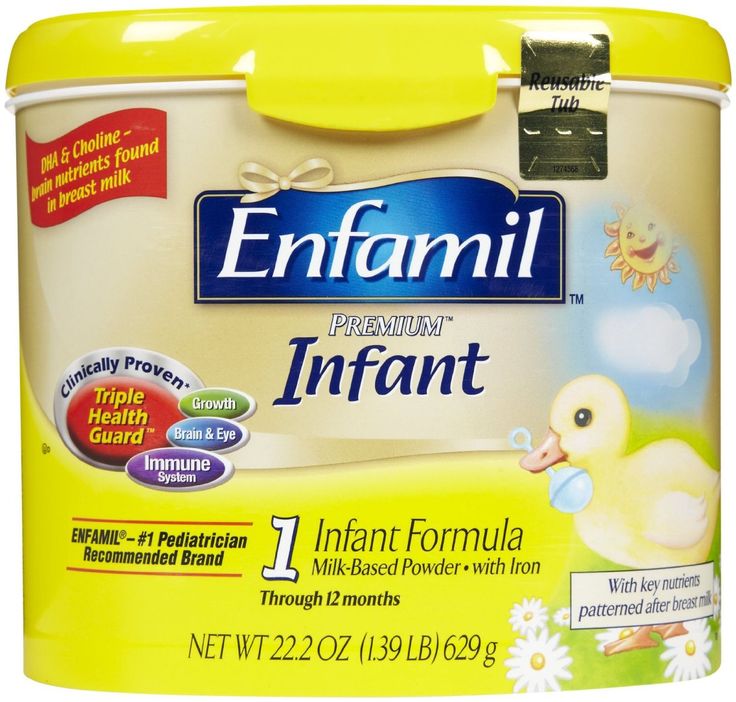
- Serve purees with produce starting with ‘P’ – prunes, peaches, pears, peas and plums. These P produce help relieve constipation in baby and aid in baby’s digestive tract (see recipes below).
- Start to re-introduce purees that are easy to digest, such as avocado and sweet potato purees.
- If baby is older then 9 months, you can sprinkle a small pinch of ground flaxseed into any puree or finger food.
- Make sure baby is getting enough water in during the day. Aim for 2-4 ounces in the morning and in the evening. This is in addition to the breast milk, formula or milk (for toddlers) you are already giving them.
- Give your little one a warm bath to help them relax their digestion organs.
- Start doing baby tummy exercises to get things moving. Place baby on their back and taking both legs in your hands, bend their legs towards their belly button and make a circle with their knees in a clockwise direction. You can also gently press on their tummies about 2 inches away from their belly button starting at the 9’oclock direction and moving to the 3’oclock direction.
 You will want to gently press down roughly 1 inch into their stomachs. Repeat both exercises around 10 times each.
You will want to gently press down roughly 1 inch into their stomachs. Repeat both exercises around 10 times each.
This is the puree I would always turn to when my baby was constipated. It will definitely do the job, so don’t go too overboard when serving this, a little goes a long way. Just a warning;)
This is a great puree filled with fruits and veggies that will help relieve your baby’s constipation. If you want an even stronger constipation puree, you can substitute the fennel for two roughly chopped pears.
This puree is probably one of my all-time favorite purees because it just tastes so dang good and any baby will happily gobble it up. You can also substitute prunes for the dried dates, if you are so inclined.
This simple pear puree is great for mild cases of constipation. You can add in 1/4 – 1/2 tsp of fresh ginger to help ease digestion pain.
Pear Baby Puree (Stage One)
4.96 stars (23 ratings)
This smooth and creamy homemade Pear Baby Puree is a wonderful first puree for baby – easy on the taste buds and great for their growing bodies!
Get the recipe
You can use frozen chopped pumpkin if fresh is not an option or you can use organic canned pumpkin puree if neither is available.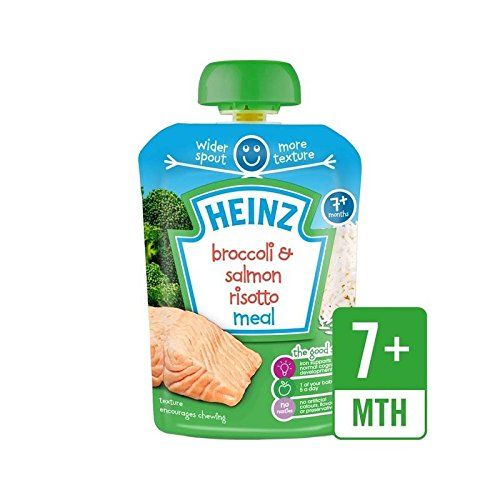
Pumpkin, Yogurt + Prune Baby Food Puree
5 stars (6 ratings)
A fun seasonal baby food puree that takes only 15 minutes to make and is packed with vitamin A, beta carotene, potassium, protein and iron just from the pumpkin.
Get the recipe
This puree is loaded with so many nutrients that you should probably just serve this to your baby at least once a day anyway. Bonus, that it helps with constipation and digestive issues.
5-Minute Pear + Blueberry Baby Puree
4.90 stars (19 ratings)
This 5-Minute Pear + Blueberry Baby Food recipe is a simple and delicious baby food puree filled with fiber, antioxidants, folate and potassium for the win!
Get the recipe
More Purees to Relieve ConstipationLooking for even more purees to relieve your baby’s constipation, then check out these purees.
- No-Cook Banana Peach Baby Food Puree (use spotted bananas)
- Peach + Vanilla Baby Food
- Banana, Pear + Ginger Baby Food Puree
- Pea Baby Puree
Pears + Prums + Cloves Baby Food Puree
- 2 pears, cored and roughly chopped
- 4 dried prunes, pitted
- 1 cup hot water
- pinch cloves
Fennel, Peach + Pea Baby Food Puree
- 1 fennel bulb
- 2 cups peaches, fresh or frozen, pitted and sliced
- 1 cup peas, fresh or frozen
Roasted Pear + Date Baby Food Puree
- 3 pears, peeled, cored and roughly chopped
- 5 dried dates, pitted
- 1 orange, juiced
Pear Baby Food Puree
- 6 pears
- 1/8 tsp cardamon or fresh ginger (optional)
Pumpkin, Yogurt + Prune Baby Food Puree
- 1/2 small pie pumpkin (roughly 3 cups), peeled and roughly chopped
- 1/2 cup full-fat plain yogurt
- 3 dried prunes, pitted
5-Minute Pear + Blueberry Baby Puree
- 2 cups pear, chopped (roughly 2 pears)
- 1 cup blueberries
Pears + Prums + Cloves Baby Food Puree
Fill a medium saucepan with 2 inches of water, and bring to a boil over medium heat.
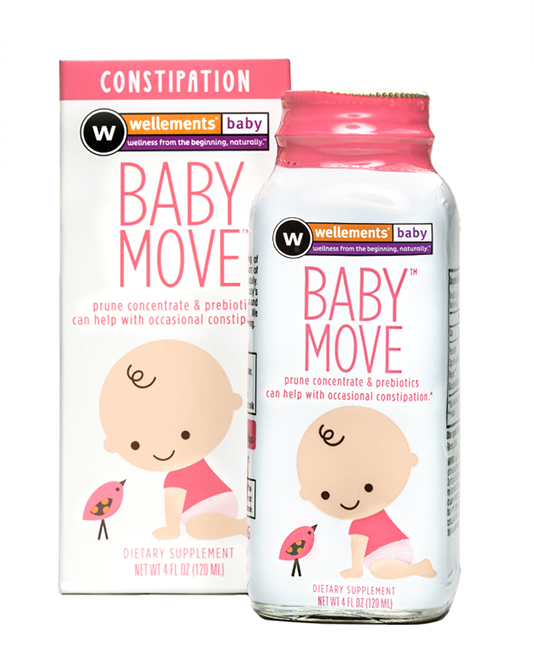
Place the pears in a steamer basket over the boiling water, cover and cook for 8-10 minutes or until tender. Let cool slightly. Reserve steamer water.
Meanwhile, in a small bowl, place the prunes and hot water, and let sit for 10 minutes. Drain.
Add the pears, prunes and cloves into blender or food processor and puree until smooth, adding reserved water in 1/4 cup increments, if needed.
Fennel, Peach + Pea Baby Food Puree
Roasted Pear + Date Baby Food Puree
Preheat oven to 425 degrees F. Line a baking sheet with parchment paper or a silicone mat.
Place pears on the baking sheet, put into the oven and roast for 25-30 minutes. Let cool slightly.
Meanwhile, place the dates in a small bowl and cover with hot water, let sit for 10 minutes.
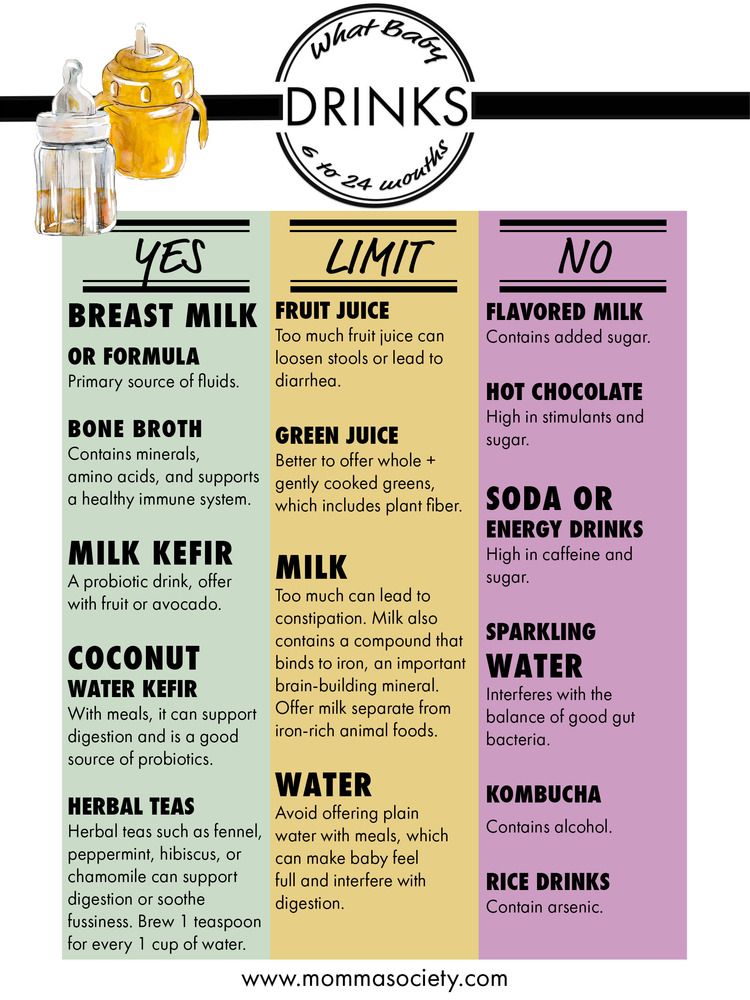 Drain.
Drain. Transfer the pears and dates to a blender or food processor. Add in the orange juice. For a Stage 2 Puree – puree for 1-2 minutes or until completely smooth, adding in water in tbsp increments if needed. For a Stage 3 Puree – pulse in 10-second increments until ingredients are completely mixed together yet still chunky. Serve warm for an extra special treat.
Pear Baby Food Puree
Prep: peel and roughly chop the pears.
Combine: place the pear chunks, spices (if using) and water into a medium saucepan, cover.
Cook: heat on medium-low heat for 10-15 minutes or until tender when pricked with a fork.
Transfer: let cool slightly. Using a slotted spoon, scoop the pears out of the saucepan, leaving the excess water behind, and place in a blender or food processor.
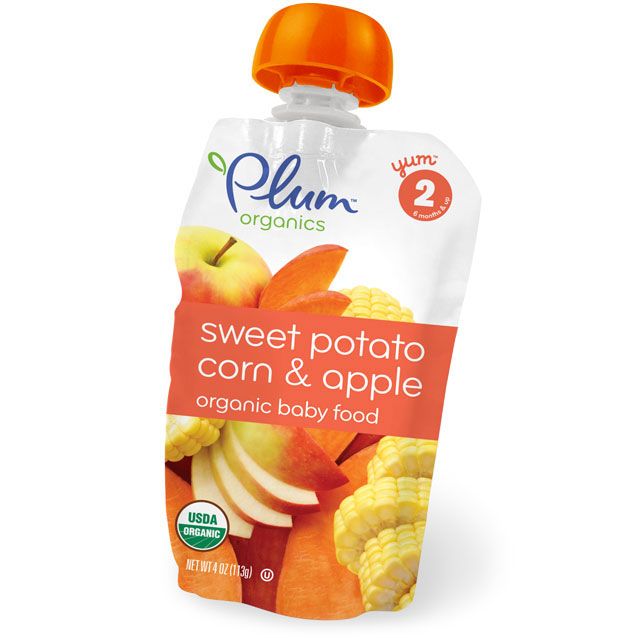
Blend: turn on the machine and blend for 1-2 minutes until you have your desired consistency. If your pear puree is too thick, add the leftover cooking water in 1/4 cup increments.
Eat: serve to baby or freeze for another meal.
Pumpkin, Yogurt + Prune Baby Food Puree
Bring 2 inches of water to a boil in a medium saucepan. Place pumpkin into a steamer basket over boiling water, cover, and cook for 10-15 minutes, or when you can easily prick the pumpkin chunks with a fork. Let cool slightly. Reserve steamer water.
Meanwhile, place the prunes into a small bowl and cover with very hot water for 10 minutes. This will let them plump up and become tender. Drain.
Place the pumpkin, yogurt and prunes into blender or food processor and puree for 1-2 minutes until smooth, adding reserved steamer water in 1/4 cup increments if needed.

5-Minute Pear + Blueberry Baby Puree
Age: 4 months and up
Yield: roughly 12-25 ounces depending on recipe.
Storage: Fridge – store in an airtight container in the fridge for 3-4 days. Freezer – can be frozen for up to 4 months (this and this are my favorite freezer storage containers).
Favorite Kitchen Tools: Get a list of my favorite kitchen tools to make the best baby food here!
Did you make this recipe?
Tag @babyfoode on Instagram and hashtag it #babyfoode!
Pin Recipe Email a Friend
Please note that I am not a medical professional. If your little one has been constipated for longer than 10 days or has a severe case and nothing seems to be working, then please call your pediatrician right away.
Are There Baby Foods that Help with Constipation?
While parenting brings many surprises, one of them is likely how much you’ll think about poop, or lack thereof, especially during that first year.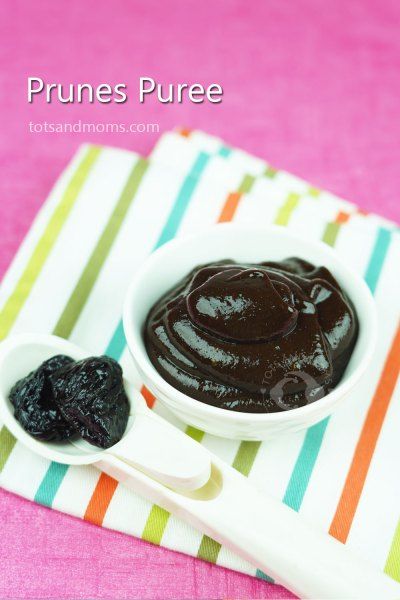 But here you are worrying about your baby’s digestive tract and convinced that they’re constipated.
But here you are worrying about your baby’s digestive tract and convinced that they’re constipated.
If you’ve recently introduced your baby to solid food, then your worries may be on target: solid foods can put a strain on your baby’s developing digestive tract and cause constipation. But there are things you can do to help!
Before you begin treating constipation you should determine if there is really an issue at all. So here’s the scoop on poop and how to tell if your worries are founded and your baby is constipated.
Breastfed babies
During the first few weeks, you’ll find yourself changing diapers with alarming regularity. Figure in every feed or so.
But don’t despair, because by the time your baby reaches 6 weeks old, they may have a bowel movement only once or twice a day. On the other hand, they may have one only every 7–10 days. (Yep, the frequency really can vary that much.)
The poop is yellow, soft, runny and sometimes lumpy and the smell isn’t unpleasant.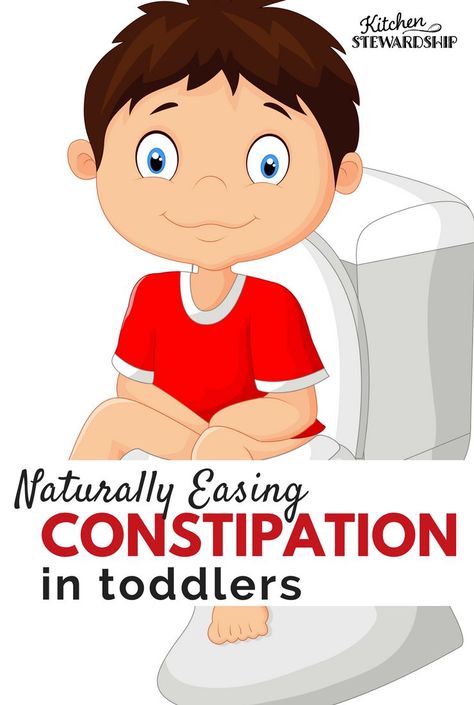
Formula-fed babies
A newborn, formula-fed baby typically poops up to five times a day. At about 6 to 8 weeks, this may decrease to around once a day.
Formula-fed babies have poop that is a camel to brown color with a thicker consistency, more like paste. Most likely, the less-than-aromatic smell means you’ll hermetically seal soiled diapers before you toss them into the garbage.
Signs that your baby is constipated
You’ve noticed that your baby’s tummy isn’t following the schedule that you got used to. Could it be constipation? Here are the signs that could confirm your suspicions:
- You notice that they cry or fuss while they’re trying to have a hard bowel movement.
- The poop, when it does come, is like hard pellets.
- You notice streaks of red blood in the hard poop.
While it’s not easy for a baby on a liquid diet to become constipated, trouble can start when you start introducing your baby to solid foods at around 6 months. Here’s why:
Here’s why:
New food types
Think of it as a learning curve: Your baby’s body is learning how to cope with a new kind of food to digest as they move away from their full liquid diet and you need to soften the learning curve. (Pardon the irresistible pun.)
Changes to fluid intake
Decreased fluids will make your baby’s poop harder and more difficult to push out. If they’ve started solids, they may need to up their fluid intake to offset the solid food. And if your baby is teething or feeling unwell, it can also lead to them taking in less fluid than usual.
Lack of fiber
Even though they’re just starting out, babies’ tummies work like ours. While initially the move to solids that have fiber (from breast milk or formula, which don’t) can cause temporary constipation, their tummies will adjust.
Make sure to monitor your baby’s fiber intake and pair it with plenty of hydration for a smooth ride the same way that you monitor yours.
OK, so you’ve confirmed that your baby is constipated. The next step is helping to alleviate the strain on their developing digestive system.
The next step is helping to alleviate the strain on their developing digestive system.
Remember that you can keep offering these foods as your baby develops into a toddler and beyond. In fact, there is little research or evidence to support specific foods (including high fiber ones) in treating or preventing constipation in infants. Most of these recommendations are based on evidence for older adults and children.
Keep in mind that good practice when introducing solids is to introduce foods as single ingredients. That way, if your baby is allergic to certain foods, you’ll be able to more easily trace the source.
If your little one hasn’t tried these foods before, don’t rush the process. Test out one at a time and then introduce combinations once you’re confident they’re well tolerated.
- Back to basics. Give your baby’s digestive tract a break by feeding them mashed avocado or sweet potato purée. These are easy to digest and may give your baby the kick start they need.
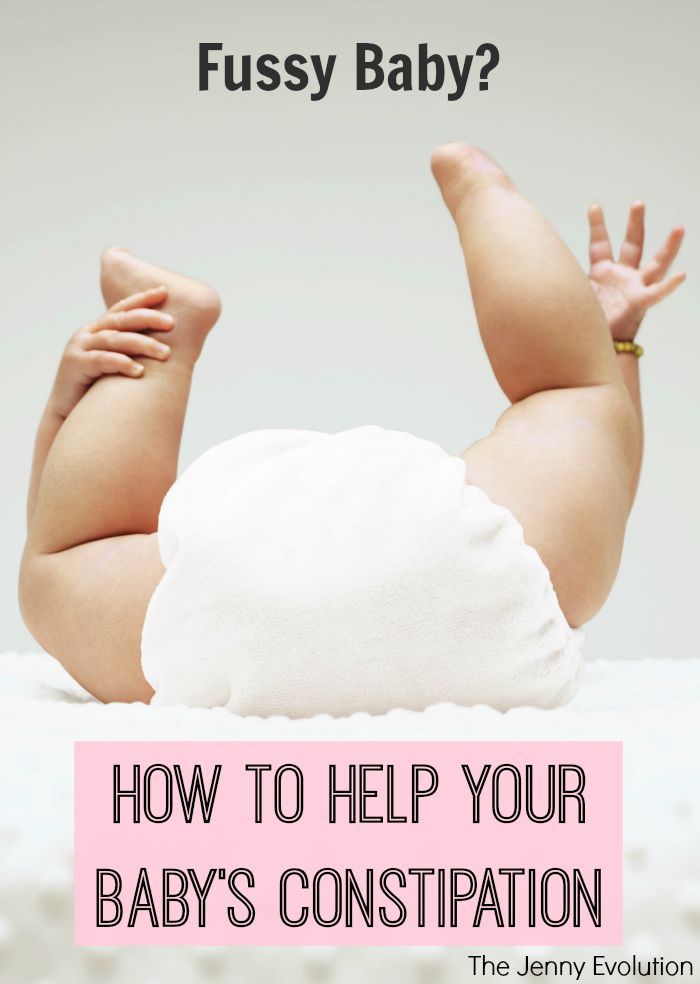
- B vegetables. Think broccoli, Brussels sprouts, and beans. Purée these for a meal filled with fiber.
- P fruits. Your grandmother was right — bring on the prunes for quick work. A purée that includes a mix of prunes plus pears, plums, or peaches should work magic. Try subbing the prunes with dates for a change.
- Bring on the fiber. If your baby is over 8 months, you can offer them whole grains like oatmeal, fiber-rich cereals, whole wheat pasta, and brown rice.
- Water intake. Until 6 months an exclusively breastfed or formula-fed baby doesn’t need to drink water. Above this age, you can introduce small amounts of water.
Plums and pears with cinnamon
Cut 2 or 3 pears and plums into small pieces. Place in a saucepan with a small amount of water and simmer until soft. Add in a sprinkle of cinnamon. Blend thoroughly.
Sweet potato with apple and peach
Cut half a sweet potato, one apple, and half a peach into small pieces. Place in steamer basket and cook until tender. Blend until smooth.
Place in steamer basket and cook until tender. Blend until smooth.
Spinach and apple purée
Chop two apples into small chunks and cook in saucepan with about 1/2 cup of water. When they’re tender, add about 1 cup of spinach and cook another 2 to 3 minutes. Purée until smooth. Can be seasoned with cinnamon and ginger.
Some sources suggest prune, pear, and apple juices help to increase the water content in poop and can ease constipation.
However, the American Academy of Pediatrics recommends steering clear of fruit juice for children younger than 1 year old. You can stick with these fruits as purées for similar effects.
What is it about prune juice? The high levels of sorbitol and phenolic substances in prune juice and dried plums act as a laxative and diuretic properties. So if your child is over 1 year old, you can use small amounts of prune juice to encourage their system to run.
Some studies show that constipation may affect as much as 30 percent of children.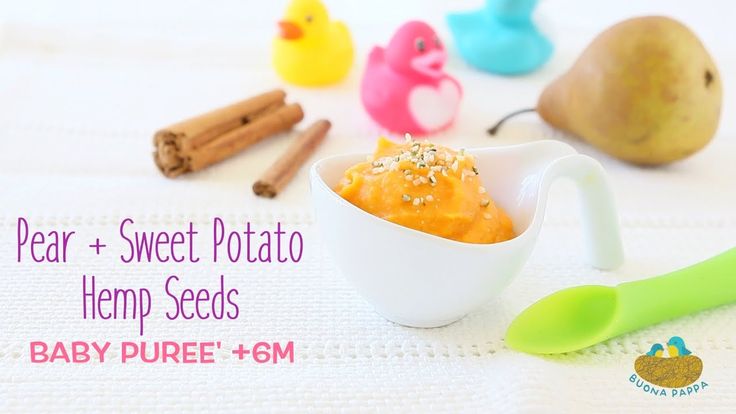 If your child is part of the unlucky statistic, here are some foods that you may want to give them smaller amounts of until it passes:
If your child is part of the unlucky statistic, here are some foods that you may want to give them smaller amounts of until it passes:
- bananas
- dairy products such as cheese and yogurt
- low fiber foods like white rice, white bread, and white pasta
If you’re like most parents, you’ll be up for whatever you can try to help your baby get comfortable fast. Here are a few tricks that you can use to ease your baby’s constipation:
- Warm baths. These can relax those abdominal muscles and get them working.
- Exercise. Lay your baby on their back and push their legs alternately as if they’re cycling a bike. Alternatively, hold their knees and feet together and push their feet towards their belly.
- Massage. Use your fingertip to draw clockwise circles on your baby’s stomach.
If you see that despite your home remedies, your baby still is having hard stools or hasn’t pooped after 2 or 3 days from their last hard stool, then contact your pediatrician.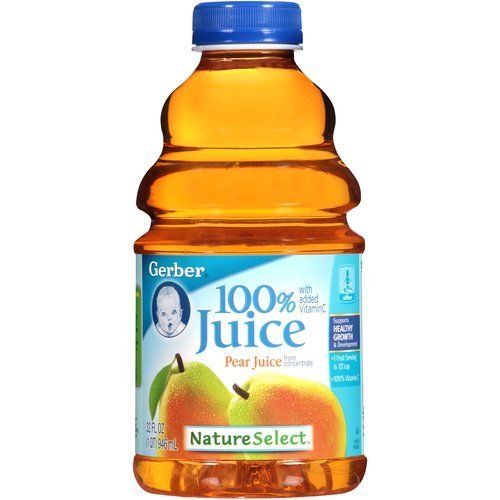 Especially if you consistently notice blood in their poop or your baby is extremely irritable and appears to be in pain.
Especially if you consistently notice blood in their poop or your baby is extremely irritable and appears to be in pain.
While dealing with your baby’s toilet issues may seem a tad unsavory, you’ll soon be so used to it, that you’ll find yourself sharing your insights over coffee with other parents. And don’t be shy about sharing the yummy food combinations you discover to keep things moving.
13 best mixtures for constipation and colic for newborns About selection criteria. This material is subjective, is not an advertisement and does not serve as a guide to the purchase. Before buying, you need to consult with a specialist.
Digestive discomfort, which is commonly referred to as "colic", is observed in more than half of newborns up to 6 months of age. Sometimes only this painful spastic syndrome is present. But often colic is accompanied by other unpleasant digestive disorders - frequent regurgitation, constipation.
The cause of this condition may be the immaturity of the baby's gastrointestinal tract and disturbances in the composition of the intestinal microflora - dysbacteriosis. Or they are provoked by more serious conditions - allergies or hypersensitivity to cow's milk proteins. In this case, you can not do without consulting a pediatrician.
Or they are provoked by more serious conditions - allergies or hypersensitivity to cow's milk proteins. In this case, you can not do without consulting a pediatrician.
To solve the problem, a specialist can prescribe special mixtures, which are divided into the following categories:
- hypoallergenic;
- fermented milk;
- with anti-reflux action;
- prebiotic and probiotic.
To help young parents, this review will consider the best mixtures for constipation and colic for newborns from imported and domestic manufacturers.
Rating of the best mixtures for constipation and colic for newborns
| Nomination | place | product name | price for 800-900 gr. |
| THE BEST IMPORTED MIXTURES FOR CONSTIPATION AND COLICA FOR NEWBORN | Kabrita 1 (Ausnutria) based on goat milk for comfortable digestion | 900 ₽ | |
| 1 | Nutrilon (Nutricia) Comfort 1 | 900 ₽ | |
| 2 | Friso VOM 1 | 2 900 ₽ | |
| 3 | Similac Comfort 1 | 1729₽ | |
| 4 | HIPP Combiotic 1 | 1 400 ₽ | |
| 5 | Nestle NAN Triple Comfort | 1 159 ₽ | |
| 6 | Nanny 1 with prebiotics | 2 529 ₽ | |
| 7 | Bellakt AR | 990 ₽ | |
| 8 | Humana Anticolic | 2 400 ₽ | |
| 9 | Mamako 1 Premium | 2 522 ₽ | |
| The best Russian mixtures for constipation and colic for newborns | 1 | Nutrilak Premium Antireflux | 2 258 ₽ |
| 2 | Grandma's basket AR | - | |
| 3 | Agusha fermented milk adapted No.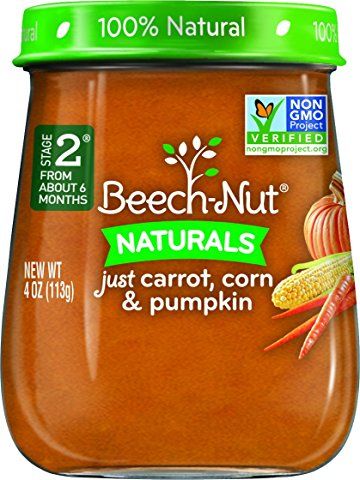 1 1 | - |
The best imported mixtures for constipation and colic for newborns
Kabrita 1 (Ausnutria) based on goat's milk for comfortable digestion
Rating: 4.9
Years of international research confirm the safety and nutritional value of most imported baby food products.
Kabrita mixes are made from natural farm goat milk. It has been clinically confirmed that goat's milk and products from it are absorbed better than cow's milk. The fact is that milk, or rather the casein of goat's milk, forms a softer clot (coagulate) in the stomach. This, in turn, facilitates defecation, because. the baby's stool becomes softer. The mixtures are additionally enriched with healthy goat milk whey, which is digested and absorbed better than cow whey. Digest X's special fat complex with a high (42%) content of beta palmitate aids digestion and also softens stools. The mixture contains prebiotics GOS and FOS and probiotics, omega fatty acids.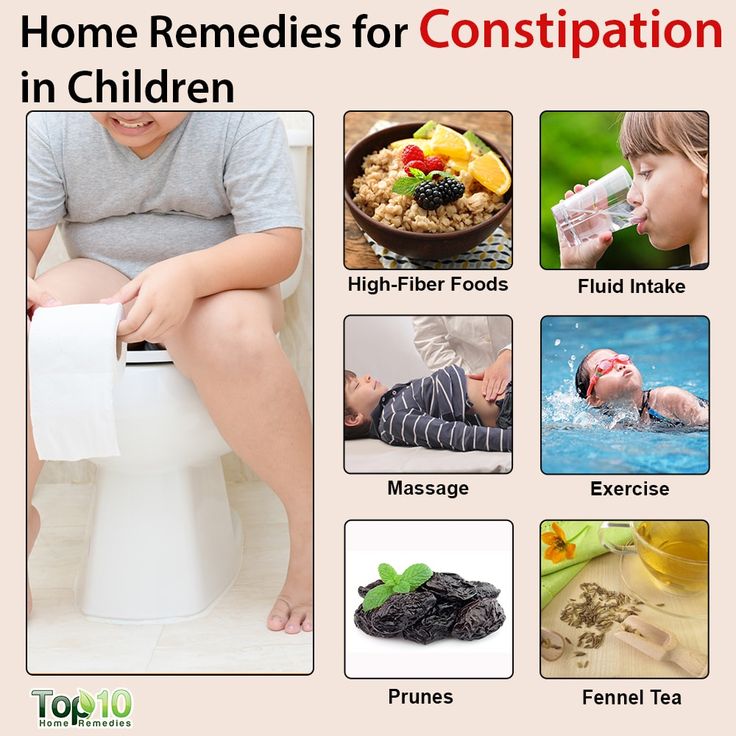
Kabrita mixtures are excellent nutrition for healthy children from birth and healthy children with digestive disorders (constipation, flatulence, regurgitation, colic) that do not require correction by specialized therapeutic nutrition. Goat milk and beneficial functional ingredients have been clinically proven to help reduce the incidence and severity of constipation, colic and flatulence. According to mothers, the mixtures are well tolerated and help to establish digestion and normal stools within 2-3 weeks after switching to this diet.
Advantages
- Natural composition;
- It has a positive effect on the digestion of the baby;
- Contains prebiotics and probiotics;
- Enriched with the most valuable goat milk whey;
- Contains no palm oil.
Defects
- Price.
Nutrilon (Nutricia) Comfort 1
Rating: 4.8
In the Netherlands at the Nutricia Caik B.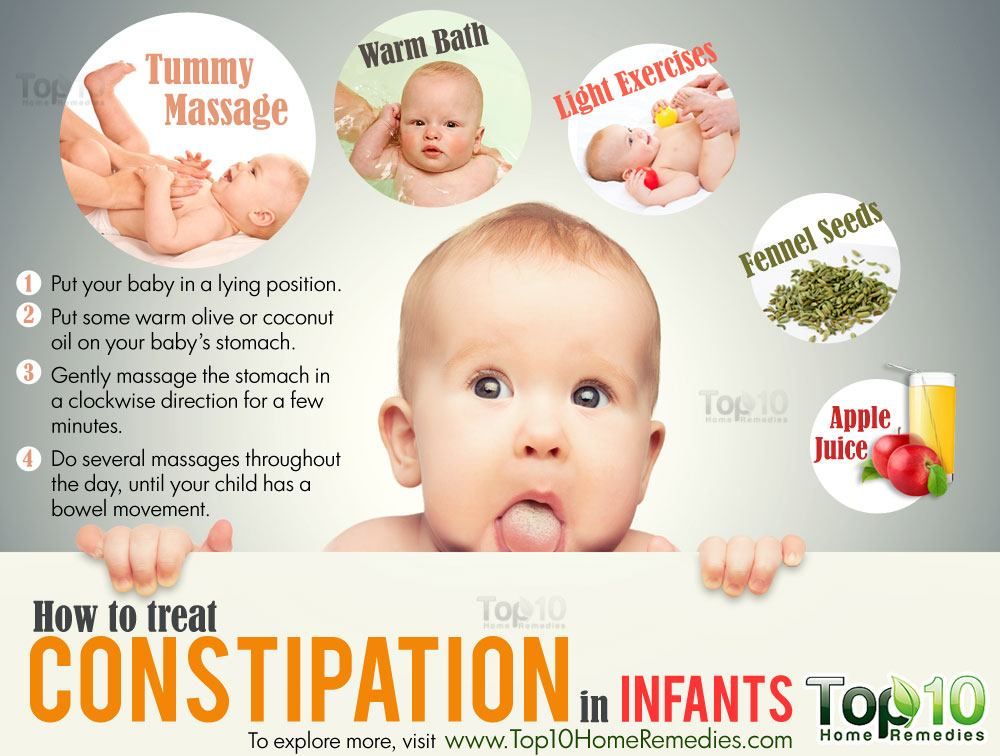 V. produce a mixture of Nutrilon Comfort 1. This product contains: prebiotics, minerals, a complex of vitamins, fish oil, amino acids and other useful substances. This mixture is designed to prevent constipation, reduce colic, normalize the microflora of the digestive tract.
V. produce a mixture of Nutrilon Comfort 1. This product contains: prebiotics, minerals, a complex of vitamins, fish oil, amino acids and other useful substances. This mixture is designed to prevent constipation, reduce colic, normalize the microflora of the digestive tract.
The Nutrilon Comfort mixture can be purchased in cans of 400 or 900 g. Included is a dosing spoon. The mixture dissolves perfectly, without the formation of lumps. As a result, baby food turns out to be a slightly viscous consistency. There is bitterness in the taste of the mixture, so not all children willingly use it.
According to the reviews of those to whom the Nutrilon (Nutricia) Comfort 1 mixture fit perfectly, the product does not cause allergies, successfully copes with constipation and colic. But at the same time, they note that the color of the stool in babies becomes green and sometimes the nipple in the bottle is clogged with the mixture. Not all parents are satisfied with this product - they are especially embarrassed by the presence of a large amount of vegetable oils in the composition, including structured palm.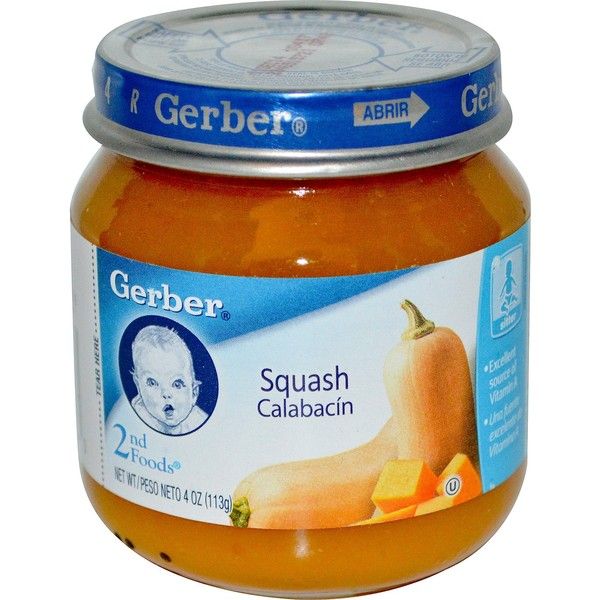
Advantages
- thoughtful composition to combat colic and constipation;
- convenient measuring spoon;
- does not cause allergic reactions;
- loosens stools and relieves colic.
Defects
- bitter taste;
- makes the chair green.
Friso VOM 1
Rating: 4.7
Dutch mixture Friso VOM 1 is specially designed for newborns suffering from regurgitation, constipation and colic. The product contains vitamins, minerals, special fatty acids, 5 basic nucleotides, prebiotics, carob gluten. The last component contains delicate natural dietary fibers, due to which constipation is eliminated, colic is reduced.
Friso VOM 1 mix is sold in 400 g cans with a measuring spoon included. The powder is recommended to be diluted in boiled water cooled to 75°C. Parents without a thermopod have to be resourceful to get the right temperature. The mixture dissolves quite problematic, leaving lumps. The consistency of the finished product resembles heavy cream, so you need a “medium flow” nipple so that the baby can get the mass from the bottle. The mixture tastes pleasant, unsweetened.
The consistency of the finished product resembles heavy cream, so you need a “medium flow” nipple so that the baby can get the mass from the bottle. The mixture tastes pleasant, unsweetened.
Despite the difficulties in breeding, reviews of Friso VOM 1 are mostly good. Babies love this mixture. The result from taking this product is not long in coming. The work of the intestines is getting better quickly enough. The newborn has severe colic, he begins to go to the toilet several times a day without screaming. Regurgitation, although there are, but become minimal.
Advantages
- thoughtful multicomponent composition;
- tasty mix;
- quickly relieves constipation and colic;
- significantly reduces the number of regurgitation;
- well tolerated by children.
Defects
- difficulty in cooking.
Similac Comfort 1
Rating: 4.6
The Spanish mixture Similac Comfort 1 contains partially hydrolyzed protein, 2'-FL oligosaccharides, B.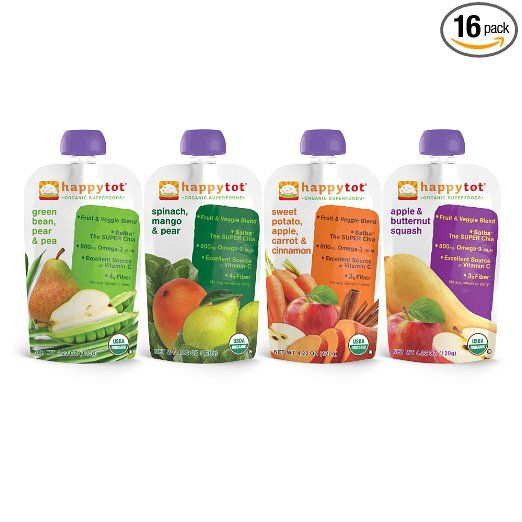 lactis bifidobacteria, FOS prebiotics. Contains no palm oil. This product is excellent for children from birth with functional digestive disorders. According to studies, after 1 day of feeding, the symptoms of colic are reduced by 20%.
lactis bifidobacteria, FOS prebiotics. Contains no palm oil. This product is excellent for children from birth with functional digestive disorders. According to studies, after 1 day of feeding, the symptoms of colic are reduced by 20%.
Similac Comfort 1 is sold in cans of 375 g. The powder has a rather specific smell (reminiscent of dog food) and taste, but despite this, many children willingly use this mixture. The kit comes with a measuring spoon, but many do not like it because of the large size. The powder dissolves quite well, but with poor stirring it can form lumps.
In the reviews, parents note that thanks to Similac Comfort 1, it was possible to solve the problem of irregular stools. In children, the severity of anxiety and gas formation decreased, and the frequency of regurgitation after feeding decreased. Some other mothers note that their babies began to gain weight well with this mixture. The product does not cause allergic reactions and is excellent for newborns prone to atopy.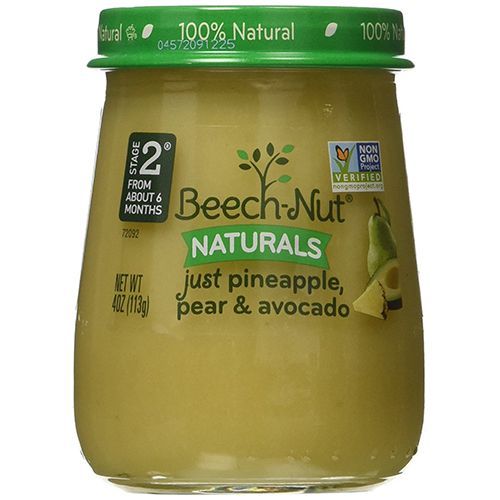
Advantages
- lack of palm oil in the composition;
- effectively relieves colic;
- solves the problems of irregular stools;
- does not cause allergies.
Defects
- specific smell and taste;
- uncomfortable measuring spoon.
HIPP Combiotic 1
Rating: 4.5
German HIPP Combiotic 1 contains prebiotic dietary fiber (GOS galactooligosaccharides), probiotics, ARA/DHA (fatty acids), nucleotides, organic milk. The product is suitable for artificial or mixed feeding. The mixture promotes comfortable digestion and meets the nutritional needs of the baby's body.
HIPP Combiotic 1 is sold in 350/800g tins. A measuring spoon is included, but it is usually deeply immersed in the powder initially, which many parents don't like. In a large jar there is a special side for removing excess mixture during dosing. Powder crumbly, smells like milk powder. The product dissolves relatively well, but when shaken it foams a lot.
The product dissolves relatively well, but when shaken it foams a lot.
According to reviews, HIPP Combiotic 1 is readily consumed by newborns. This food product does not cause allergic reactions in babies. Constipation disappears with him, but the stool becomes green. Colic on the background of the use of HIPP Combiotic 1 appears extremely rarely and the number of regurgitation is noticeably reduced. Kids on this mixture grow and gain weight according to the norms.
Advantages
- prebiotic dietary fiber in the composition;
- dissolves well;
- pleasant taste and aroma;
- relieves constipation and colic.
Defects
- foams when shaken.
Nestle NAN Triple Comfort
Rating: 4.5
German NAN Blend Triple Comfort contains a partially hydrolyzed protein complex, lactobacilli, prebiotics, DHA and ARA (Special Fatty Acids), vitamins and minerals. The product is made without the use of GMOs, flavors, colors or preservatives.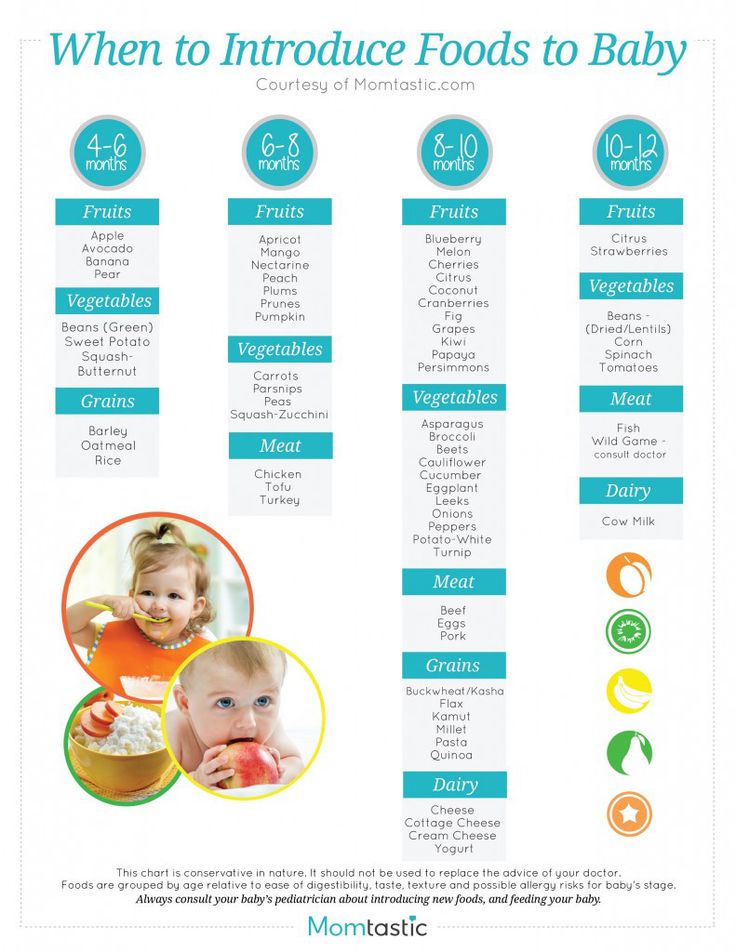 NAN Triple Comfort effectively eliminates any functional disorders in the digestive tract in infants.
NAN Triple Comfort effectively eliminates any functional disorders in the digestive tract in infants.
NAN Triple Comfort mix is available in 400 g cans. There is a measuring spoon included. On the inner wall of the jar there is a metal rim, on which it should be stored in the future. The mixture is crumbly, yellowish in color. It dissolves very well, without lumps. It tastes like cream. Newborns usually use it very willingly.
According to parents, it becomes clear that NAN Triple Comfort is a very effective remedy in the fight against colic and constipation. The mixture is rich and easy to use. Newborns feel great with her - they sleep well, eat with great appetite and are cheerful while awake. The product perfectly improves digestion in babies, and does not cause allergies.
Advantages
- lactobacilli and probiotics in the composition;
- pleasant taste;
- convenient bank;
- effectively eliminates colic and constipation;
- does not cause allergic reactions.
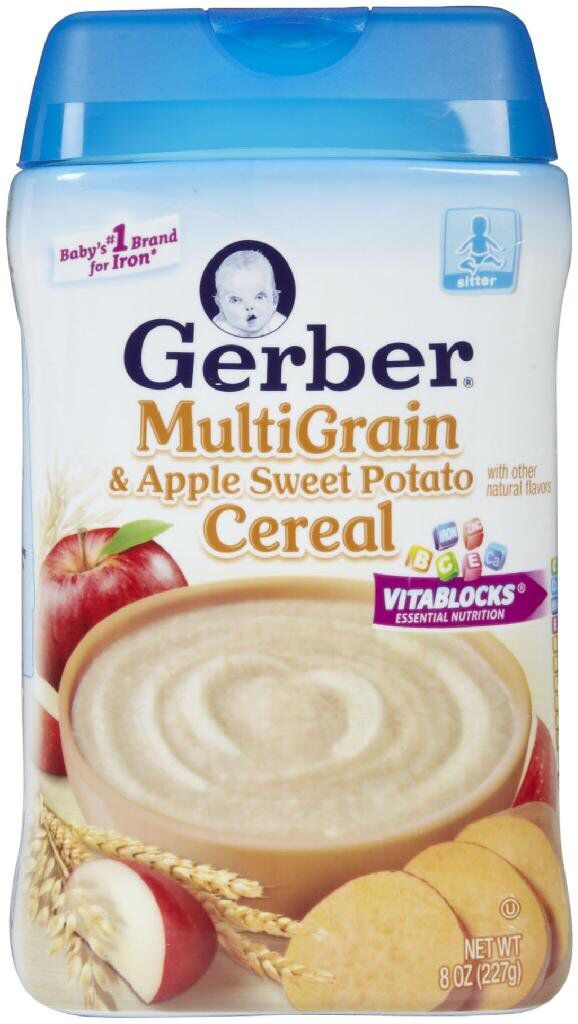
Defects
- not always easy to find on sale.
Nanny 1 with prebiotics
Rating: 4.4
New Zealand Nannie 1 Goat Milk Prebiotic Powdered Powdered Formula contains nucleotides, phospholipids, omega-3 and omega-6 fatty acids, Orafti Synergy 1 plant prebiotic complex, vitamins and minerals. This product is great for toddlers with constipation, colic or frequent spitting up.
Nanny 1 with Prebiotics is available in 400/800g cans with a scoop included. The mixture is diluted very well without the formation of lumps. In the explored form it has a creamy tint. Children drink this product very willingly. The mixture is oily and gives saturation for a longer time. This baby food is great for newborns prone to allergic reactions and atopy.
Reviews about Nanny 1 with prebiotics are mostly positive. Parents note that thanks to this product, their stools have returned to normal, colic has disappeared, and regurgitation occurs much less frequently.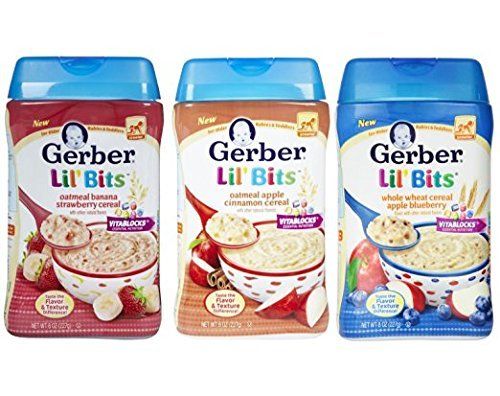 A big plus for many is that there is no palm oil in the composition, and the mixture itself has a pleasant aroma and taste. Nanny 1 with prebiotics has also been successful in managing pre-existing allergies.
A big plus for many is that there is no palm oil in the composition, and the mixture itself has a pleasant aroma and taste. Nanny 1 with prebiotics has also been successful in managing pre-existing allergies.
Advantages
- based on goat milk;
- without palm oil;
- tasty and pleasantly smelling;
- relieves constipation and colic;
- helps fight allergies.
Defects
- not sold in all pharmacies or stores.
Bellakt AR
Rating: 4.3
Belarusian anti-reflux mixture Bellakt AR is recommended for feeding children with special dietary needs. It contains a natural saccharide - locust bean gum, as well as all the elements necessary for growth and development: minerals, vitamins, prebiotics, nucleotides, fatty acids. This product takes into account all the age-related needs of the body of the newborn.
Bellakt AR is sold in boxes of 400 g.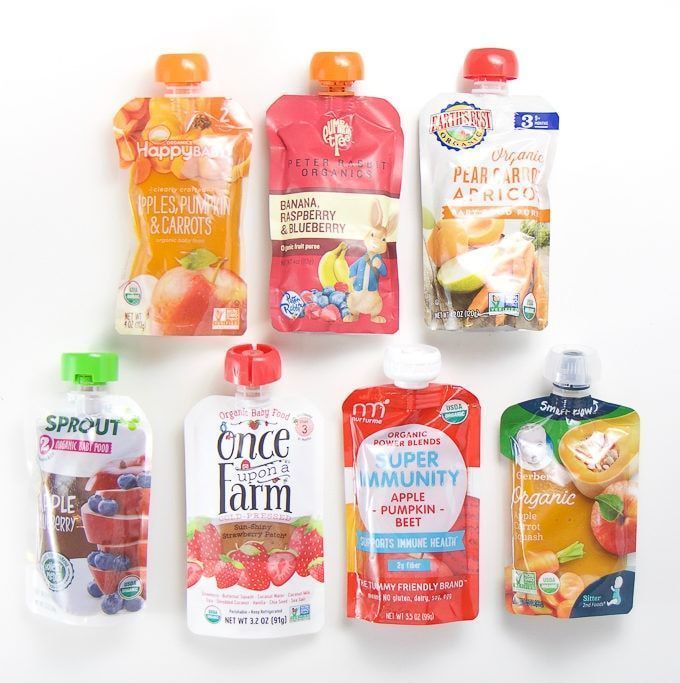 It is a regular white powder, similar to powdered milk. When diluted, the product is quite thick, homogeneous, without lumps. The mixture has a pleasant aroma and taste. She does not cause problems with feeding the child. Once opened, it is recommended to use it within 4 weeks.
It is a regular white powder, similar to powdered milk. When diluted, the product is quite thick, homogeneous, without lumps. The mixture has a pleasant aroma and taste. She does not cause problems with feeding the child. Once opened, it is recommended to use it within 4 weeks.
According to reviews, Bellakt AR perfectly relieves newborns from constipation. The chair at kids appears more often. It is soft but not runny. Significantly reduced the number of colic. Despite the fact that Bellakt AR contains cow's milk protein, it rarely provokes allergic reactions. This mixture makes life easier for newborns and their parents.
Advantages
- locust bean gum in the composition;
- pleasant taste and aroma;
- effectively eliminates constipation and colic;
- does not cause allergies.
Defects
- hard to find for sale.
Humana Anticolic
Rating: 4.2
German Humana Anticolic Blend contains a unique, patented combination of natural milk fats with a high content of β-palmitate (55%), which prevents the formation of calcium soaps in the baby's intestines, which helps prevent constipation.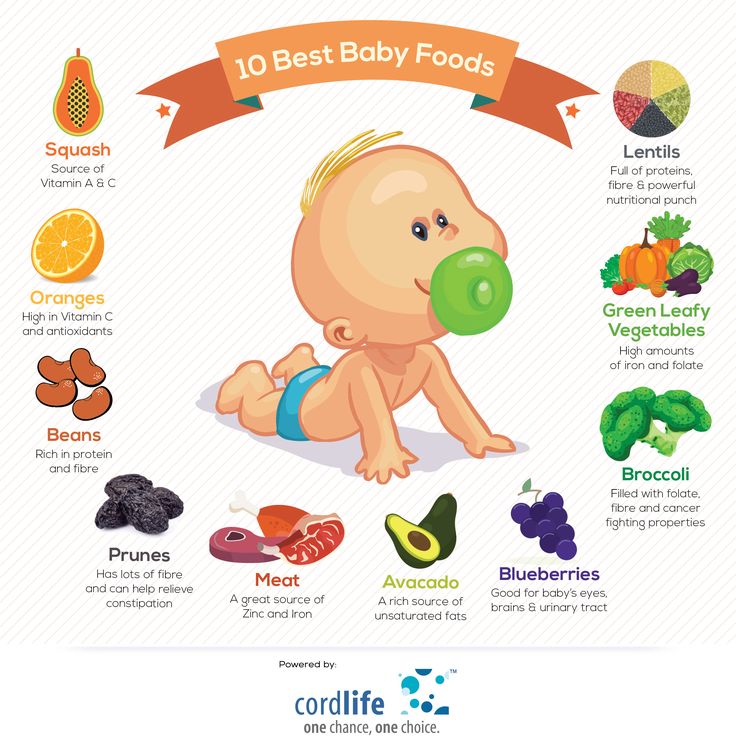 This special milk formula is suitable for the prevention and dietary treatment of intestinal colic in newborns.
This special milk formula is suitable for the prevention and dietary treatment of intestinal colic in newborns.
Humana Anticolic is sold in cardboard packs of 300 g. The mixture is a fine white powder with a milk flavor. Dilute it in boiled water, cooled to 70 ° C. When diluted, Humana Anticolic resembles milk, but has an unpleasant smell, similar to canned fish. At the same time, most children willingly eat it.
In the reviews, parents note that Humana Anticolic really relieves colic and constipation. The chair becomes regular, the newborn is less capricious. Many also like that the lactose content of this formula is 18-20 times lower than standard milk formula. In this regard, Humana Anticolic is easier to digest and assimilate.
Advantages
- thoughtful medical composition;
- reduced lactose content;
- made from fresh (not powdered) milk;
- relieves constipation and colic.
Defects
- individual intolerance is possible.
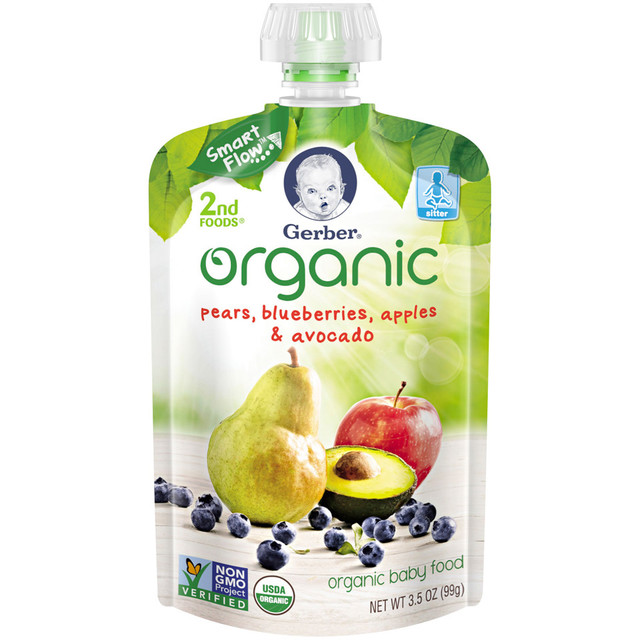
Mamako 1 Premium
Rating: 4.1
The Spanish mixture Mamako 1 Premium is made on the basis of goat's milk. It is easily absorbed by the body of a newborn like mother's milk. The product does not contain palm oil, rapeseed oil, gluten or starch. And prebiotics + probiotics B. Lactis restore the balance of microflora, help the baby's comfortable digestion and the formation of his immunity.
Mamako 1 Premium is sold in 400/800 g tins. The kit comes with a handy measuring spoon, and there is also a special ledge on the edge to remove excess mixture. The product dissolves very easily and forms a homogeneous liquid baby food without lumps. Mamako 1 Premium has a pleasant taste and aroma. Newborns willingly use it.
According to reviews, Mamako 1 Premium has helped many babies improve digestion. This baby food has become a godsend for newborns who have cow's milk intolerance. The unique combination of active ingredients and the absence of palm oil in this mixture significantly reduces the frequency of colic and regurgitation, eliminates constipation and improves digestion in infants.
Advantages
- not based on goat milk;
- does not contain palm and rapeseed oil;
- tasty and pleasantly smelling;
- makes stool soft;
- relieves colic;
- does not cause allergies.
Defects
- price category.
The best Russian mixtures for constipation and colic for newborns
Russian manufacturers of baby food are also of the opinion that breast milk is preferable for young children. But breastfeeding is not possible in all cases, so they produce high-quality baby food that helps newborns with digestive problems.
Nutrilak Premium Antireflux
Rating: 4.9
Powdered milk formula Nutrilak Premium Antireflux contains natural locust bean gum, which regulates the functioning of the gastrointestinal tract, restores the intestinal microflora, and promotes regular bowel movements. Also in the composition of this product there are natural milk fats, Omega-3 fatty acids, nucleotides. The blend is free from palm and rapeseed oils.
The blend is free from palm and rapeseed oils.
Nutrilak Premium Antireflux is sold in 350g cartons. The mixture is similar in texture to powdered milk with a creamy undertone. It dissolves very well without lumps, but it turns out quite thick, so you need to choose the right nipple for the bottle. Children like its taste and they willingly eat it. After opening the package, the dry mixture is stored for no longer than 3 weeks.
According to reviews, Nutrilak Premium Antireflux is great for constipation, colic and frequent spitting up. Already after the first day of use, the newborn's stool improves, he is less naughty against the background of colic and his general well-being improves. But not all parents can agree with this, since some children develop diathesis with prolonged use of Nutrilak Premium Antireflux.
Advantages
- locust bean gum in the composition;
- pleasant to the taste;
- like children;
- Good for constipation and colic.

Defects
- some cause diathesis.
Grandma's basket AR
Rating: 4.8
Powdered milk formula Babushkino basket Antireflux BIO contains natural dietary fiber (locust bean gum), which normalizes intestinal activity, relieving the baby from constipation. Carefully selected levels of protein do not cause unnecessary strain on the kidneys and meet all the needs of the child. The composition also contains polyunsaturated fatty acids, nucleotides and selenium.
Grandmother's basket Antireflux BIO is available in 400 g cans. It looks like a standard dry baby food. Has a pleasant smell. The mixture dissolves without problems. It turns out thick milk without lumps. Such a mixture is not given on an ongoing basis, but is used as a necessary measure. Newborns willingly use it, but the correct nipple must be put on the bottle to make it easier for the baby to get food.
Reviews about the mixture of Babushkino bast basket AR are mostly good.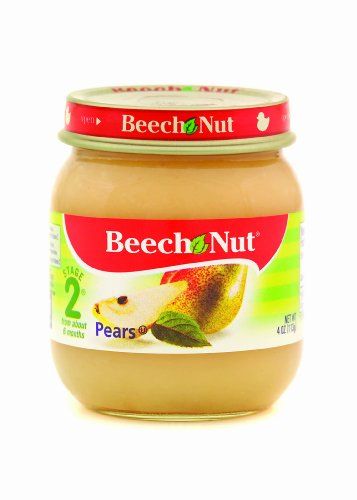 But parents complain that it is not always easy to find it on sale. No one has any complaints about the effectiveness of this baby food. Already after 1-3 days of using this mixture, constipation disappears in newborns - they absolutely calmly empty their intestines up to 3 times a day. Parents also note that colic almost completely disappears in babies.
But parents complain that it is not always easy to find it on sale. No one has any complaints about the effectiveness of this baby food. Already after 1-3 days of using this mixture, constipation disappears in newborns - they absolutely calmly empty their intestines up to 3 times a day. Parents also note that colic almost completely disappears in babies.
Advantages
- carefully selected and balanced composition;
- easy to breed;
- pleasant taste;
- quickly normalizes digestion.
Defects
- not always easy to find on sale.
Agusha fermented milk adapted №1
Rating: 4.7
Agusha sour-milk liquid formula adapted No. 1 is recommended for feeding babies from birth to 6 months with artificial and mixed feeding. It is based on partially hydrolyzed proteins, enriched with probiotic cultures, L-carnitine and nucleotides. The product does not contain preservatives.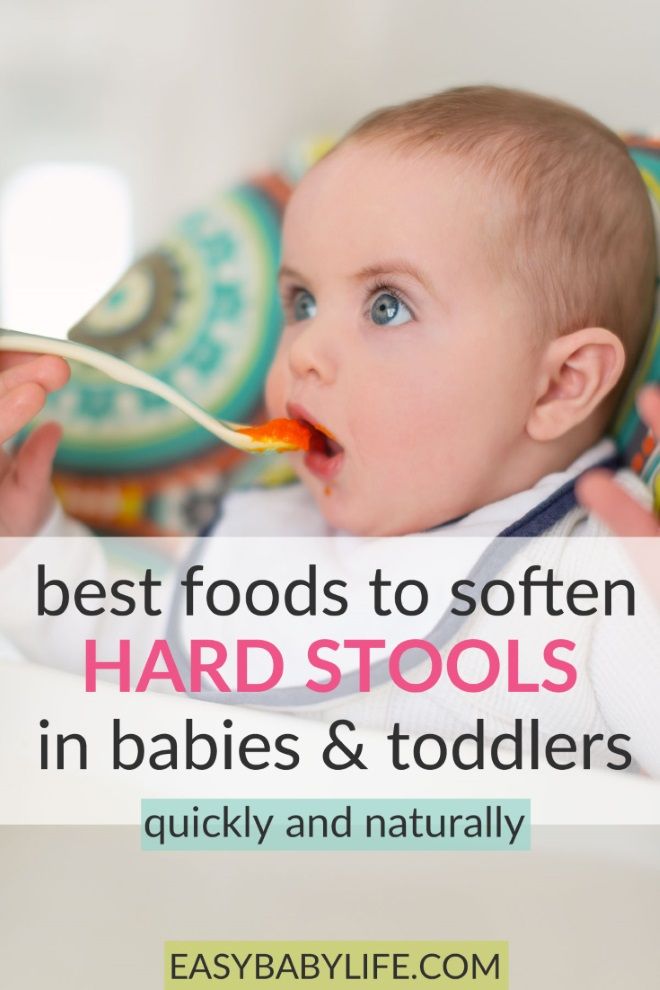
Agusha sour-milk adapted is sold in tetra packs of 200 ml. There is no need to dilute it - it is already ready for use. She has a 14 day shelf life. It must be stored in the refrigerator, so it must be warmed up before feeding the baby. The taste of the mixture is not very pleasant - sour.
In reviews of the Agusha liquid mixture, parents note that not all newborns willingly use it. But the effect of it develops within 2-3 hours. If before that the baby had constipation, then after Agushi he freely empties the intestines without crying. Against the background of the use of such a liquid mixture, colic is also eliminated in children and they burp less. This product does not cause any allergic rashes.
Advantages
- effective "kefir"
- quickly eliminates constipation;
- relieves colic and frequent regurgitation;
- does not cause allergic reactions.
Defects
- palm oil included.
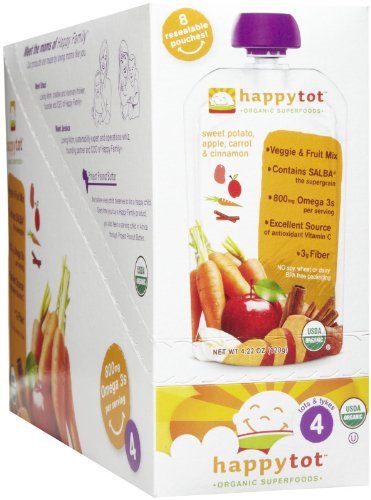
Rate the article | |
| Total votes: 8, rating: 4.38 |
Attention! This rating is subjective, is not an advertisement and does not serve as a purchase guide. Before buying, you need to consult with a specialist.
Infant formula for constipation: which one to choose
Tiunova Elena
Published: 01/15/2023
Reading time: 5 min
1817
Young parents have many sleepless nights and hectic days. And all because the baby is worried about something. Digestive problems are among the most common causes of yelling and crying. The gastrointestinal tract in newborns is just being formed, so there may be colic, flatulence, regurgitation and defecation disorders. Every fifth child suffers from constipation.
Every fifth child suffers from constipation.
Childhood disorder of the gastrointestinal tract
More often, a violation of the gastrointestinal tract occurs in children who are on artificial or mixed feeding. This is due to the fact that the baby's digestive system in the first year of life is prepared by nature for the assimilation of mother's milk, and infant formulas are created according to the model of breast milk and are only as close as possible to its composition. However, sometimes it also happens that a violation of the gastrointestinal tract occurs in infants. There can be several reasons - from the mother's unsuitable diet to nervous disorders. What to do if a newborn has constipation? First of all, go to the doctor.
What is the normal frequency and consistency of stools in a child?
| Breastfed | Formula-fed |
|---|---|
| stool frequency - from 1-2 to 5-7 times a day
| stool can be 1-3 times a day |
| yellow
| denser |
| homogeneous, mushy | darker |
| without pathological impurities (mucus, blood streaks) | |
| sour smell | |
| white lumps (blotches) are allowed | |
The stool of children of the first year of life changes and may be more liquid or more dense:
- in the first weeks of life
- when switching to artificial feeding
- when changing milk formula
- during the introduction of complementary foods.

Symptoms of constipation
- Bowel emptying irregularly (less than once every 36 hours).
- The stool is dry and hard, which means that later the child may try to retain feces, since the last time a bowel movement caused him pain (relevant for older children).
- The baby pushes hard, pulls his legs up to his chest, but his efforts do not give any results.
- The baby is naughty, frowns, cries when trying to empty the intestines.
- The child has trouble sleeping and refuses to eat.
- There is bloating.
Other conditions can lead to similar symptoms, so you should always see a doctor to make a diagnosis.
Breastfeeding constipation
The quantity (and quality) of mother's milk is affected not only by mother's diet, but also by the state of her nervous system and lifestyle*. It is, of course, very difficult not to be nervous, but a parent can manage her lifestyle.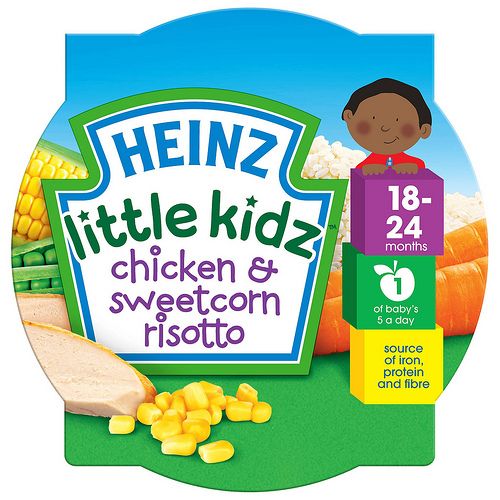 A woman cannot breastfeed normally if she is in constant stress and nervous exhaustion. The less time a mother spends on household chores, the better for her, and therefore for the newborn. So all household duties can be safely delegated to the second parent, grandparents, other relatives, friends or hired nannies. It is important to pay attention to nutrition:
A woman cannot breastfeed normally if she is in constant stress and nervous exhaustion. The less time a mother spends on household chores, the better for her, and therefore for the newborn. So all household duties can be safely delegated to the second parent, grandparents, other relatives, friends or hired nannies. It is important to pay attention to nutrition:
- Be sure to include in the daily menu at least half a kilogram of various (preferably fresh) fruits, vegetables and berries, as well as other foods and dishes containing fiber.
- No matter how trite it may sound, but drink enough liquid during the day (1.5-2 liters).
You can understand what kind of diet is suitable for a mother by the reactions of the child. If in doubt, but really want to eat something special, eat a little and see how the baby's digestion reacts. If the baby does not have reddening of the skin and rash, there are no problems with the stool, there are no colic and constipation, then the chosen dish is quite suitable *.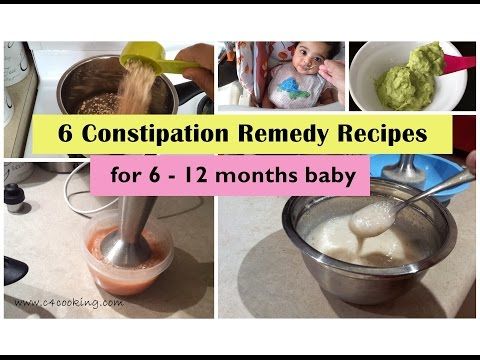 But strict restrictive diets of a nursing woman without special need (individual allergic reactions to food and other food intolerances) are not allowed. For the prevention of nutritional deficiencies, both in her and in the child.
But strict restrictive diets of a nursing woman without special need (individual allergic reactions to food and other food intolerances) are not allowed. For the prevention of nutritional deficiencies, both in her and in the child.
Causes of constipation
- Immaturity of the digestive organs. Due to the fact that the gastrointestinal tract of a newborn is only adapting to new conditions, there may be various functional failures in its work.
- Immaturity of the nervous system. Insufficient maturity of the baby's nervous system prevents him from correctly recognizing signals about the need to defecate.
- Somatic diseases. Rare pathologies include dolichosigma (an increase in the length of the sigmoid colon), lactase deficiency (absence or insufficient amount of enzymes for the breakdown of lactose), Hirschsprung's disease (accompanied by impaired innervation in the intestine). Colds and viral diseases can cause constipation, leading to dehydration of the child's body.
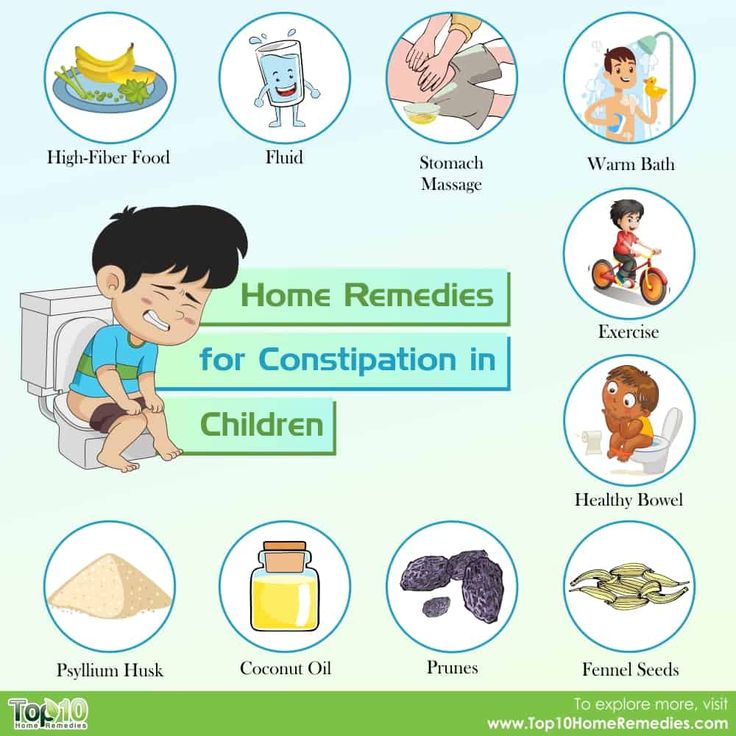 Also, constipation can be one of the manifestations of hypothyroidism, rickets, liver disease, myasthenia gravis, and some other disorders.
Also, constipation can be one of the manifestations of hypothyroidism, rickets, liver disease, myasthenia gravis, and some other disorders. - Features of nutrition. If a child is breastfed, then the mother's malnutrition can affect the work of his gastrointestinal tract. Doctors recommend that lactating women exclude confectionery, fatty broths, cheeses, nuts from the diet. In artificers, constipation can be caused by a lack of fluid. Also, a sharp change in the brand of the mixture can lead to violations in this area.
- Taking certain medications. Constipation may be a reaction to treatment of the mother or baby with antibiotics, anticonvulsants and antispasmodics.
- Psychological problems. Children often suffer from constipation, whose parents are constantly in nervous tension, often get irritated, violently solve some family problems.
Peculiarities of children's diet
All pediatricians in the world agree that there is no better nutrition for a baby than mother's milk.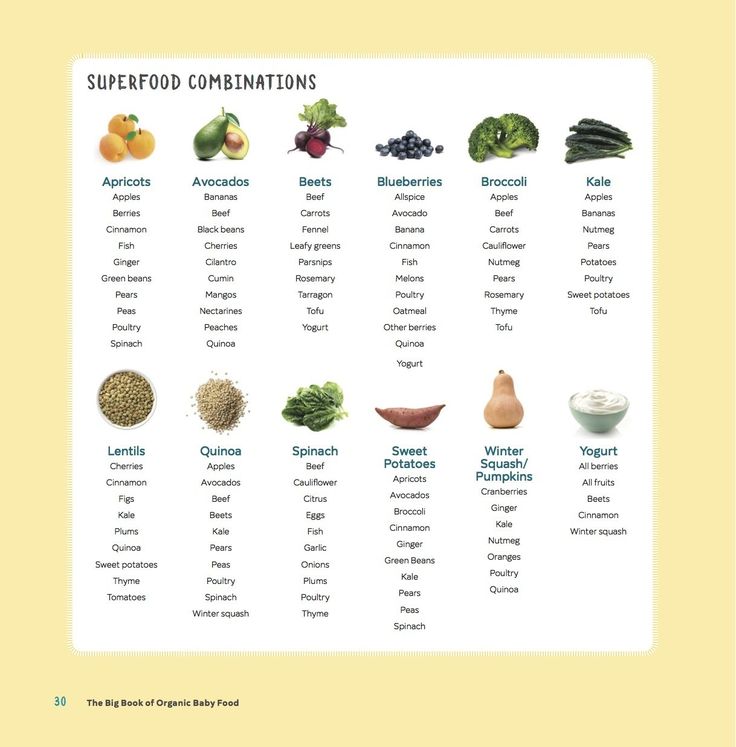 Dr. Komarovsky gives such advantages of breastfeeding as:
Dr. Komarovsky gives such advantages of breastfeeding as:
- optimal food temperature;
- perfect food purity;
- minimal risk of allergic reactions, gastrointestinal disorders;
- the presence in milk of additional useful substances necessary for the full development of the child's body**.
And the composition of mother's milk changes over time, and not for the worse. The older the child, the higher the percentage of fat content and the amount of vitamins. This food is perfect for your baby**.
Long-term breastfeeding not only benefits the baby, but also the mother: a 2002 Collaborative Group Study on Hormonal Factors in Breast Cancer found that breastfeeding reduces the risk of female reproductive system and breast cancer*** . However, not all women are able to breastfeed their babies. If the mother cannot feed the baby with her own milk, you just need to choose the right mixture for the newborn together with the pediatrician.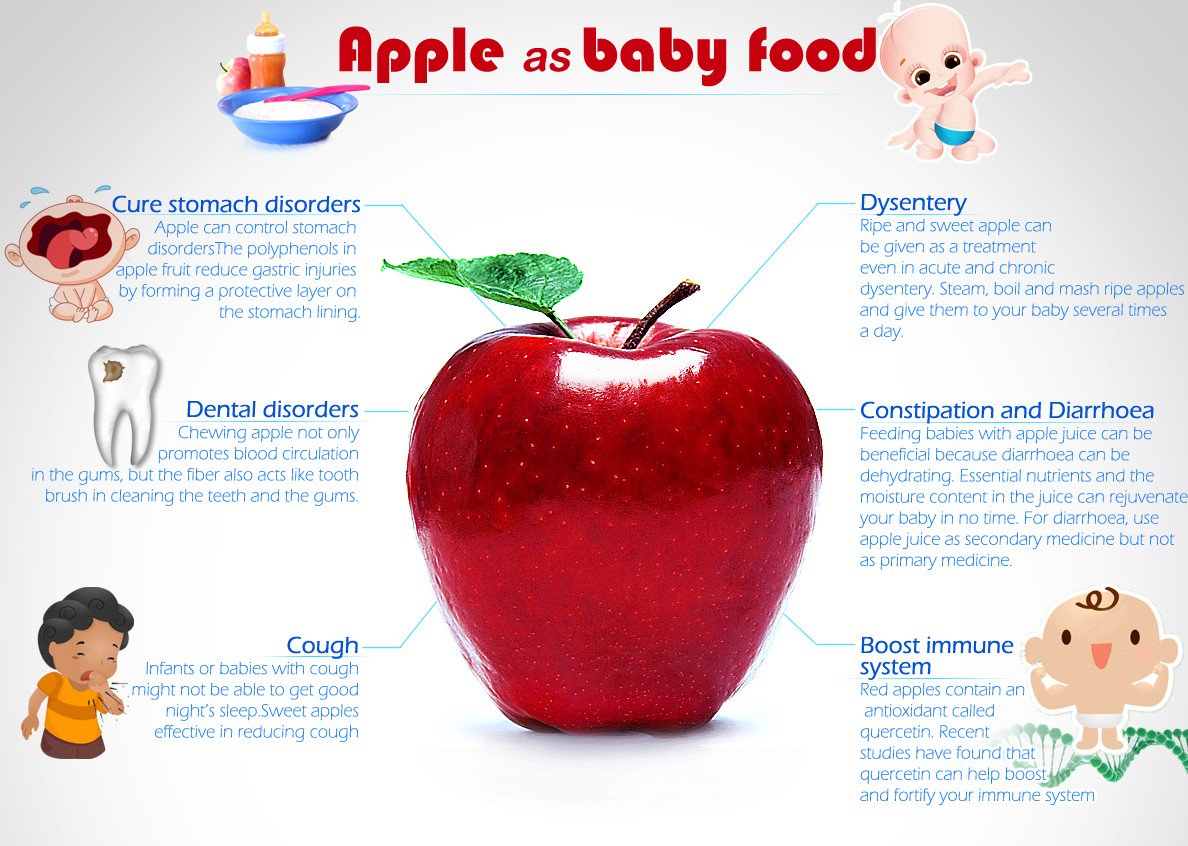 Fortunately, the modern market offers a lot of options for artificial feeding.
Fortunately, the modern market offers a lot of options for artificial feeding.
Formula choice for bottle-fed and constipated
Constipation in a bottle-fed newborn is a fairly common problem that can be solved with the right formula (after consultation with a specialist).
Fermented milk mixtures. Such mixtures are prescribed for therapeutic and prophylactic purposes. The laxative effect is given by the special composition of the mixture, which is obtained by fermenting it with lactic acid bacteria. Substances that are released during lactic acid fermentation cause increased intestinal motility and thus prevent constipation. An example of such a mixture is Nutrilak Premium Sour Milk. The product additionally contains a probiotic complex of live bifidobacteria and lactobacilli, which normalize the intestinal microflora and improve digestion.
Anti-reflux mixtures. These mixtures usually contain a natural ingredient - locust bean gum (natural thickener). Dietary fibers of natural locust bean gum, passing through the intestines, stimulate peristalsis and make the baby's stool soft and with physiological frequency. This ingredient can help eliminate not only constipation, but also regurgitation. Such mixtures may contain other components that aid in the digestion of food, such as polyunsaturated fatty acids and whey protein. An example of a mixture is Nutrilak Antireflux.
Dietary fibers of natural locust bean gum, passing through the intestines, stimulate peristalsis and make the baby's stool soft and with physiological frequency. This ingredient can help eliminate not only constipation, but also regurgitation. Such mixtures may contain other components that aid in the digestion of food, such as polyunsaturated fatty acids and whey protein. An example of a mixture is Nutrilak Antireflux.
Remember that in the first year of life, a child is shown only special adapted milk formulas, which are almost identical in composition to human milk. They contain vitamins and minerals, which are selected taking into account the age and needs of the baby ****. You can choose the right mixture together with the pediatrician or on your own, carefully introducing the new composition into the baby's diet and carefully observing the reactions of the gastrointestinal tract. Most modern mixtures are created taking into account the characteristics of the child's body, enriched with probiotics and other beneficial substances, and therefore are easily absorbed.

